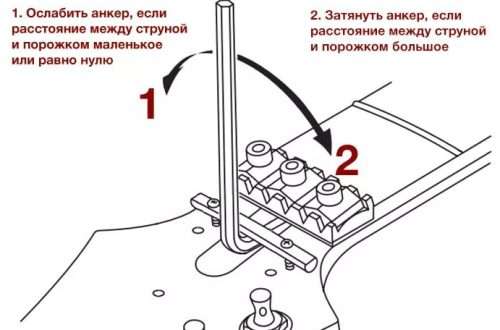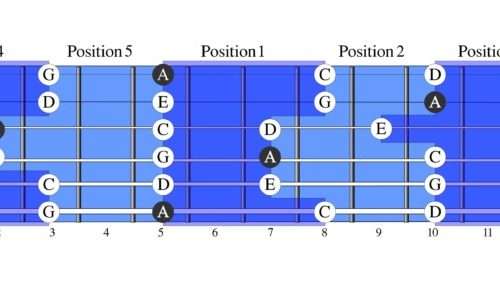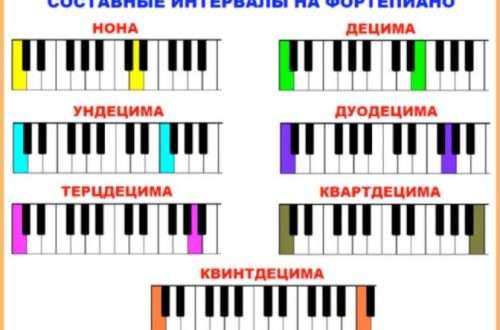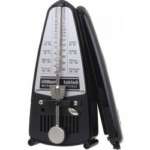
How to conduct music lessons with toddlers?
Contents
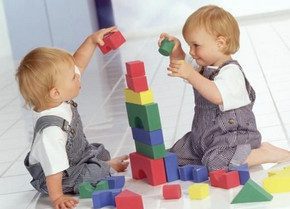 Toddlers are undoubtedly the most gentle and trusting creatures on earth. Their open and affectionate gaze catches every breath, every movement of the teacher, so only the most sincere behavior of an adult contributes to the rapid establishment of good relationships with children.
Toddlers are undoubtedly the most gentle and trusting creatures on earth. Their open and affectionate gaze catches every breath, every movement of the teacher, so only the most sincere behavior of an adult contributes to the rapid establishment of good relationships with children.
What will help a child adapt to classes?
Toddler age ranges from one to two years. Many children in the second year of life begin to attend kindergarten or classes in developmental groups, i.e. gain first experience of socialization. But most of them do not yet have the need to communicate with peers. It appears only in the third or fourth year of life.
In order for the child to feel comfortable in an unfamiliar environment, it is best to conduct the first few lessons together with the children’s mothers or other close relatives. This way, the kids will undergo a kind of adaptation and will be able to continue to participate in classes on their own. When communicating with such a large number of adults and children at the same time, the music director needs to be friendly and open. Then the warm atmosphere of the classes will help the kids get to know the new place and other people and speed up the adaptation process.
The game is the main assistant to the teacher
Starting from toddlerhood, the main cognitive tool for children is play. Delving into this complex process, kids learn everything about the world around them and society. By participating in musical games, in addition to knowledge, they acquire singing and dancing skills, and also develop the hearing, intonation and rhythmic data inherent in them by nature. The benefits of musical games are so great that every music teacher, when planning classes, should take games as the basis of the entire process. And for working with toddlers, play is an irreplaceable and most important teaching material.
The speech of children under two years of age is just developing, and therefore they cannot sing songs on their own, but with great pleasure and enthusiasm they depict what the teacher sings about. And here the irreplaceable quality of a music worker is performing artistry. Song playback skills will also be very helpful. And to help organize such games, you can safely connect the necessary soundtracks and musical recordings of children’s songs.
Dancing skills and playing noise instruments develop a sense of rhythm.
Playing noise musical instruments has a positive effect on the development of children’s tempo-rhythmic abilities. In addition, using this teaching technique organizes children’s hearing and disciplines them. And for a good result in learning to play musical instruments, the teacher, of course, must himself master the simplest techniques of playing them.
Another important component of musical lessons with children is dancing, which with such kids will most likely be veiled under songs with movements. Here the teacher’s creativity is not limited by anything, but for starters, it’s enough to get acquainted with a few “dance steps” that are simple and understandable to children.
Undoubtedly, every teacher who teaches music to children has his own character qualities and level of skills, but by working on himself, strengthening his bright sides, namely sincerity, openness and goodwill, he thereby positively influences the development of the children with whom he teaches . Forming goodness in himself, he passes it on to those who completely trust him – the kids. Only by constantly developing his musical abilities will a teacher achieve good results from his students.


